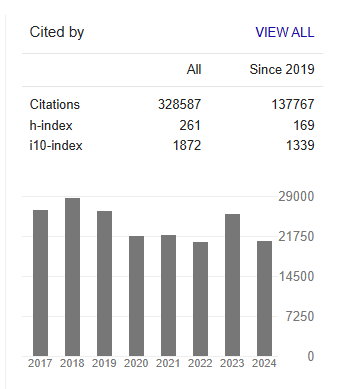The Cosmic Vacuum Pressure Polytrope: What Causes the Big-Bang?
Abstract
Hans J. Fahr and Michael Heyl
In preceding papers we have shown that an initial Big-Bang explosion of the universe can not have happened as caused by a singularity of extremely hot cosmic matter due to the centripetal gravity field enhanced by relativistic mass [1,2]. Instead it must have started from a pressurized cosmic vacuum. In this article here we shall analyse how to adequately describe this cosmic vacuum pressure and how to formulate the initial scale expansion of the universe as reaction to its action. We find that for a needed positive vacuum pressure the thermodynamic polytrope relation between vacuum energy density and vacuum pressure only allows for a range of the vacuum polytrope indices ξ of 3 �? ξvac �? 5. Furthermore we find that for the preferred value ξvac = 4 one can derive a complete description of the cosmic vacuum energy as function of the cosmic scale and the cosmic time with inclusion of a process of cosmic matter generation by a specific vacuum condensation process producing quantized matter. As result one obtains a matter universe well aquainted to all present day astronomers, however, without the need for an initial, material Big-Bang.



